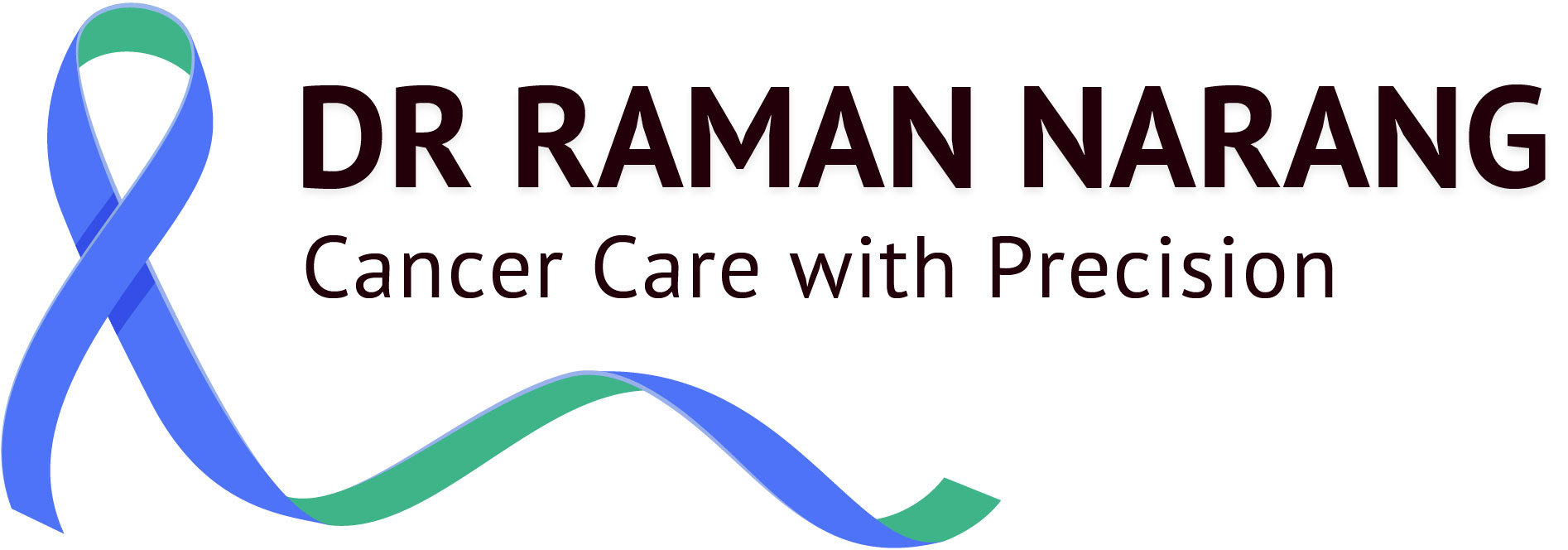Hormonal Therapy Introduction
Hormonal therapy is a treatment that adds, blocks, or removes hormones in the body to slow or stop the growth of cancer cells that need hormones to grow. It is most often used to treat hormone-sensitive cancers, such as breast and prostate cancer, These cancers depend on hormones like estrogen, progesterone, or testosterone to grow. Hormonal therapy works by either lowering the levels of these hormones in the body or blocking their action on the cancer cells. There are several types of hormonal therapy, and they can be used alone or in combination with other treatments such as surgery or chemotherapy.

Why It's Done
Hormonal therapy is used to treat hormone-sensitive cancers, which rely on hormones to grow and spread. It may be used in different situations, including:
To treat cancer directly.
Hormonal therapy can be used as the main treatment for certain types of cancer, such as hormone receptor-positive breast cancer or prostate cancer.
Hormonal therapy can be used as the main treatment for certain types of cancer, such as hormone receptor-positive breast cancer or prostate cancer.
To shrink tumors.
Hormonal therapy can be used before surgery or radiation to shrink a tumor, making it easier to remove or treat. This is known as neoadjuvant therapy.
Hormonal therapy can be used before surgery or radiation to shrink a tumor, making it easier to remove or treat. This is known as neoadjuvant therapy.
To reduce the risk of cancer recurrence.
After surgery or radiation therapy, hormonal therapy can help reduce the risk Of the cancer returning by targeting any remaining cancer cells.
After surgery or radiation therapy, hormonal therapy can help reduce the risk Of the cancer returning by targeting any remaining cancer cells.
To manage advanced cancer.
Hormonal therapy may help slow the cancer's growth and manage symptoms. It is used as palliative care to improve quality of life for patients with cancer that cannot be cured.
Hormonal therapy may help slow the cancer's growth and manage symptoms. It is used as palliative care to improve quality of life for patients with cancer that cannot be cured.
Risks
Hormonal therapy is generally well tolerated, but it can come with potential side effects. These side effects vary depending on the type of hormonal therapy used. Some people may experience more severe side effects, while others may have few.
- Hot flashes Night
- Weight gain
- Mood changes
- Joint pain or stiffness
- Nausea Vaginal dryness (in women)
- Bone thinning (osteoporosis)
- Blood clots
- lncreased risk of certain cancers (such as uterine cancer in women)
How hormonal therapy is done
Hormonal therapy can be administered in several forms, depending on the specific treatment and cancer type:
• Oral medications. The most common form of hormonal therapy is oral medications such as pills or tablets. These medications either block hormones or lower hormone levels in the body. For instance, tamoxifen is commonly used for breast cancer, while aromatase inhibitors are used to decrease estrogen levels
• Injections. Some types of hormonal therapy involve injections or shots that release drugs into the bloodstream to block or lower hormones. For example, luteinizing hormone-releasing hormone (LHRH) agonists are injected to stop the ovaries from producing estrogen in women with breast cancer, or to stop testosterone production in men with prostate cancer.
• Implants. Hormonal therapy can also involve small implants that slowly release medication over time. These implants are typically inserted under the skin and release the drug continuously.
• Surgical removal of hormone-producing organs. In some cases, surgery may be needed to remove the organs that produce hormones. For example, oophorectomy (removal of the ovaries) in women can be performed to reduce estrogen levels, or orchiectomy (removal of the testes) in men may be done to decrease testosterone production.
How often you receive hormonal therapy
The frequency of hormonal therapy depends on the type of treatment being used, the type of cancer being treated, and individual patient factors. Some hormonal therapies are taken continuously for months or years, while others may require intermittent treatments. Your oncologist will develop a personalized treatment plan based on your specific situation, and treatment schedules can vary.
Results
During treatment, you will have regular check-ups with your oncologist to monitor how your body is responding to hormonal therapy. This may include blood tests to check hormone levels, imaging tests, and physical exams. In some cases, hormonal therapy may be combined with other treatments such as chemotherapy or radiation to enhance effectiveness. Your oncologist will adjust your treatment plan as needed based on your progress.
Book Consultation
